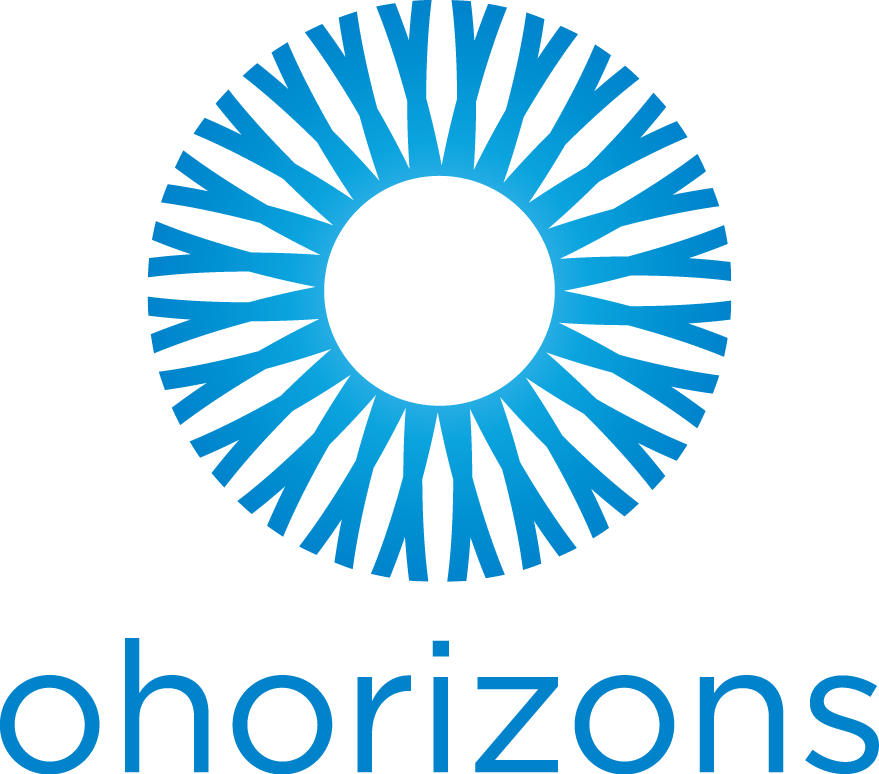World Water Day
World Water Day: The Power Water and Jobs Have to Transform People’s Lives.
World Water Day is March 22nd. It has been held annually on this date since 1993. The United Nations created this calendar day to magnify the international focus on water related issues and to inspire people and organizations to take action in order to make a positive difference in the lives of others. This year’s theme is “Water and Jobs.” The theme highlights how both water and jobs have the power to transform people’s lives: water is essential to human survival, the environment, and the global economy. Safe working conditions and a living wage can provide workers with sustainable income and pave the way for broader social and economic advancements. It is within this framework that we’re promoting World Water Day and access to safe drinking water for all!
So, how are water and jobs related?
1.5 billion people work in water-related sectors (1).
Nearly half of the world’s labor force works in water-related sectors, but this figure doesn’t even account for the countless women and children who participate in non-paid work revolving around water every single day. Take for instance the millions of women and children in developing countries who spend significant portions of their days gathering water for their family’s drinking, cooking, cleaning, and bathing needs. We made a World Water Day video to highlight this issue and the work we are doing to mitigate the family unrest created by the lack of clean water access in southwestern Bangladesh.
Increasing access to clean drinking water promotes people’s right to live a healthy, productive, and dignified life. Kids miss less school because they aren’t sick or spending their time collecting water from far away water sources; and families save additional money because they spend less on unnecessary hospital visits due to preventable water-related illnesses. They can instead focus on generating more income through their occupation.
Women are hit the hardest when WASH (water, sanitation, and hygiene) infrastructure is inadequate. When the drinking water source is not on the premises, an adult female is the person typically collecting water for 88.8% of Bangladeshi households (2).
Community water points can require women to walk far distances and wait in long lines. In the baseline survey of our Bangladesh pilot project, 41% of beneficiaries said they spent 45 minutes or longer each day collecting water. In our endline survey that was conducted approximately 6 months after beneficiaries had received their BioSand Filters, 0% of respondents said they spent 45 minutes or longer each day collecting water!
Globally, it is estimated that women and children spend 125 million hours each day collecting water (3). Time is money and it adds up. This time could instead be spent generating income or doing other activities. By alleviating this time consuming chore, we’re giving women more hours back in their day and empowering them to use their time as they see fit.
Are you ready to financially support OHorizons mission to provide families with in-home BioSand Filters in Bangladesh?
Approximately one billion people around the world live with the daily chance of getting sick from the water they drink. Work‐related communicable diseases contribute to 391,000 global deaths annually (1). The main contributing and preventable factors are poor quality drinking water, inadequate sanitation, and unsafe hygiene practices. There’s a real opportunity to improve health and economic development through a comprehensive WASH strategy. According to data compiled by the World Health Organization’s and UNICEF’s Joint Monitoring Programme for Water Supply and Sanitation (JMP), the economic return on drinking water expenditure in South Asia, which includes Bangladesh, is the highest of any region in the world (4).
For every $1 invested in drinking water sources in S. Asia a $3.70 economic return is generated (4).
This means a $10 donation to our Bangladesh project can not only provide a person with clean drinking water, but it can yield an economic return of over $35! Together let’s ensure the availability of safe drinking water for all!
Click here to go to our Donate Page.
SOURCES:
- UN Water. 2016. ‘WWD 2016 facts and guidance’
- Bangladesh Bureau of Statistics (BBS) and UNICEF. 2015. Bangladesh Multiple Indicator Cluster Survey (MICS) 2012-2013.
- World Health Organization and UNICEF Joint Monitoring Programme (JMP). 2015 Progress on Drinking Water and Sanitation, 2015 Update and MDG Assessment.
- World Health Organization-UNICEF. 2012. ‘Global costs and benefits of drinking-water supply and sanitation interventions to reach the MDG target and universal coverage.’
- World Water Assessment Programme, UNESCO. 2015. Water for Women: Every woman counts. Every second counts.



